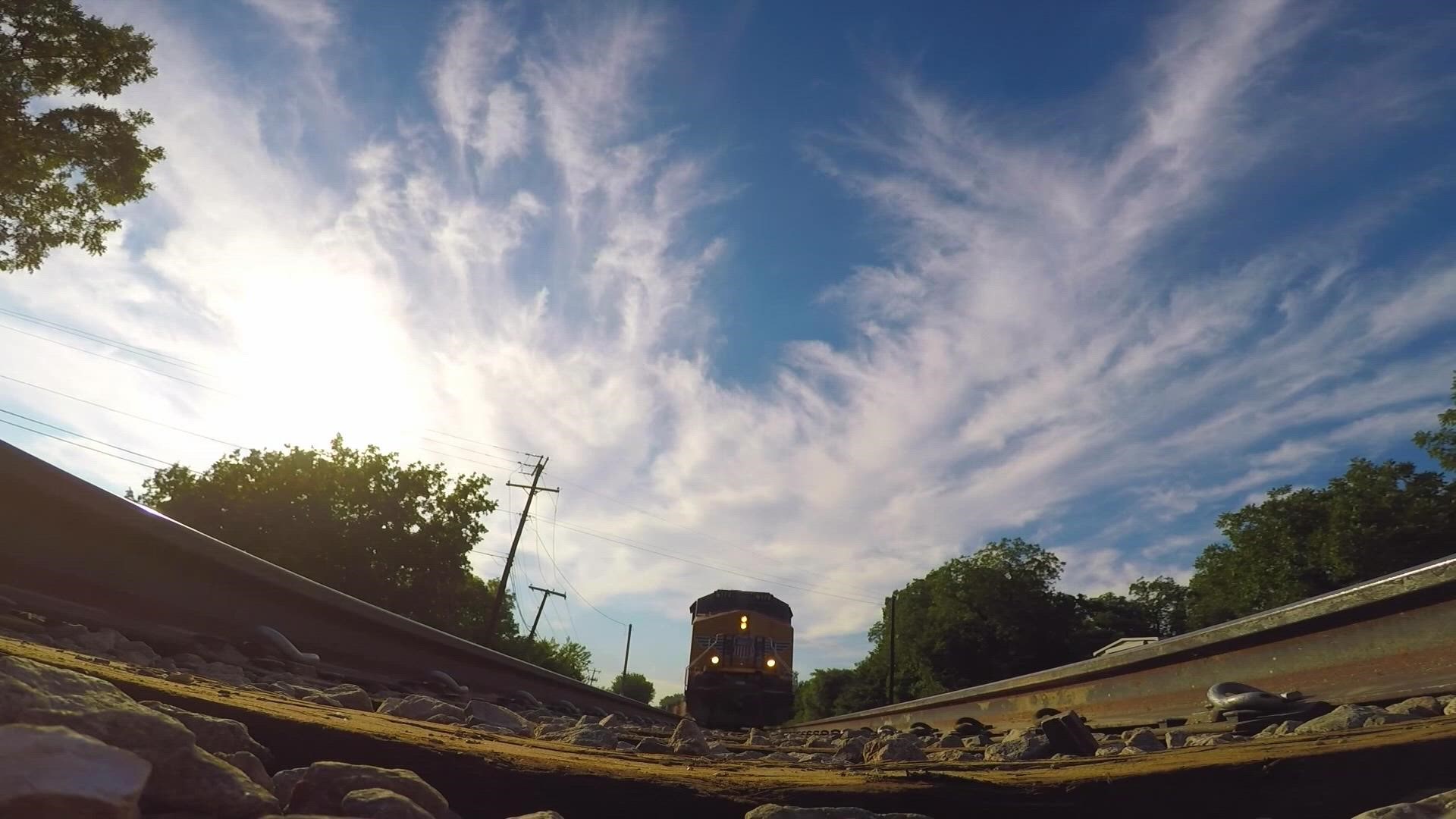DALLAS — Since North Texans don’t really use trains as transportation, we rarely think about rail.
But most everything we use in daily life – from food to toilet paper – relies on rail to get to us.
“Rail is very important in the supply chain in the grocery business, but especially in the manufacturing of products. You take raw material maybe even going into a Blue Bell ice cream plant, some of that is by rail,” said Gary Huddleston, a grocery industry consultant with the Texas Retailers Association.
Even beer takes a train.
“A surprising amount of Corona beer products get taken into the state of Texas by railroad across the southern border,” said Allan Rutter, freight and investment analysis division head at the Texas A&M Transportation Institute.
“A lot of agricultural production depends on rail access – poultry farms, livestock, a lot of feed for cattle comes by rail.”
According to the Association of American Railroads, Texas has 10,460 miles of rail – more than any other state. The association also says Texas has the most rail employees and rail retirees, and more rail shipments end in Texas than anywhere else in the nation.
Rail is particularly important in North Texas.
BNSF, the nation’s largest railroad, is headquartered in Fort Worth.
Guy Brown, executive director of the Hutchins Economic Development Corporation, helped lure Union Pacific to build a huge cargo hub called an intermodal in Hutchins.
He called the Dallas Fort Worth region the largest American metro area without a major water port.
“Just about every consumer good you purchase comes through the intermodal,” he said. “We have Unilever, Proctor and Gamble -- two of the largest distributors of consumer goods in the world.”
“A disruption in rail might cause some shortages here locally, and we’re not really a society that is used to consumer good shortages,” he added.
Brown and Huddleston said they are closely monitoring union negotiations and they hope a strike is averted.
Rutter says a disruption lasting a couple of days to a week would be “uncomfortable,” but something Texans could live with.
“I’d say something that lasts more than two weeks, we’re looking at pretty serious implications,” he said.
“Our economy depends on fluid movement of freight. When something gets in the way or there’s an interruption, then that’s the kind of thing people are going to worry about.”

